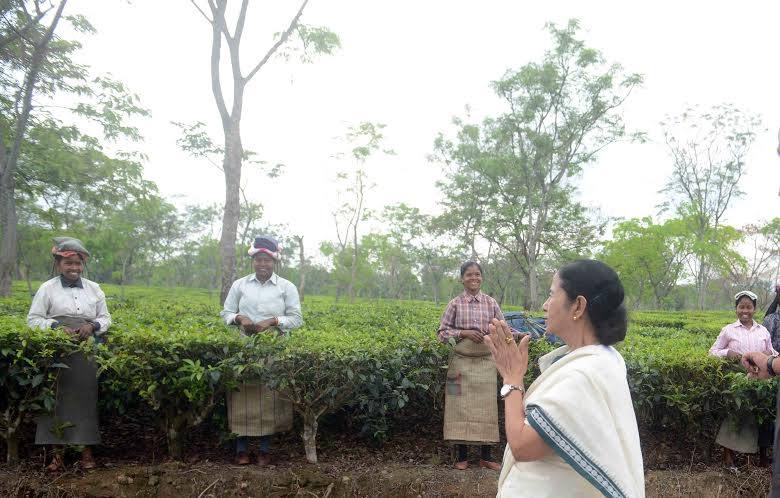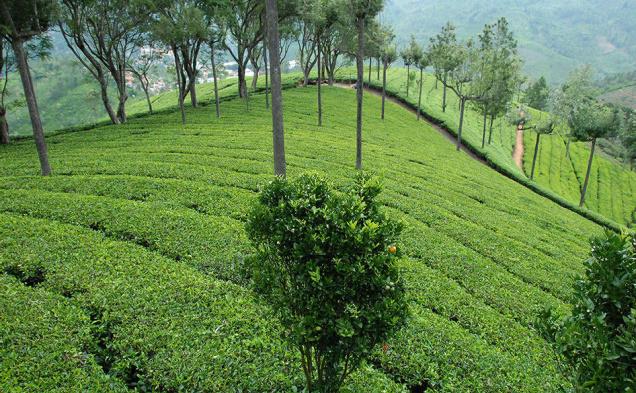Tea Tourism in West Bengal is going to get a boost as the State Government may take steps for easing the processes related to it.
The West Bengal government’s group of ministers recently met the the members of the Consultative Committee of Plantation Association (CCPA) to discuss the health of the tea industry and how to revive it. This will also help to set up Tea Tourism industry to the State.
The Sate Finance Minister Dr Amit Mitra also attended the meeting, where the issue of tea tourism and use of land for alternate crops were also discussed.
There are 377 tea estates in north Bengal employing 2.64 lakh workers. Of these, 87 tea estates are in Darjeeling, 188 in Jalpaiguri and 102 in Terai. The total tea production of these estates is about 330 million kg per year. The State Government may also look at providing some financial assistance to the tea garden workers from the Rs 100 crore corpus for which the Assembly has passed the West Bengal Tea Plantations Employees Welfare Fund, 2015.
Incidentally, West Bengal Chief Minister Ms Mamata Banerjee has instructed earlier to give special focus to Tea Tourism.


